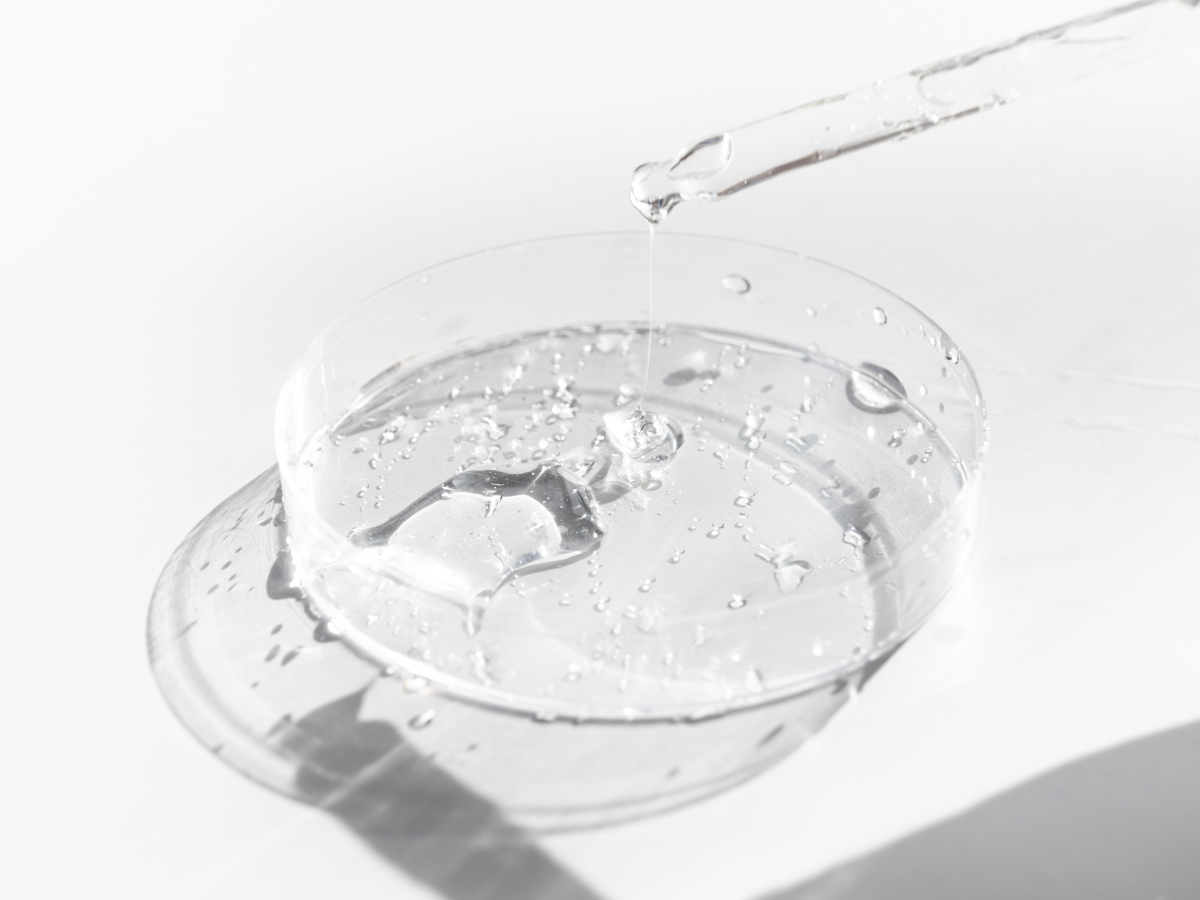The Commission Regulation (EU) 2024/996 came to amend Regulation (EC) No 1223/2009 and addresses the safety of use of Vitamin A, Alpha-Arbutin, and Arbutin, as well as some substances that can cause endocrine damage. This amendment also states prohibited substances, restricted substances with conditions, and preservatives allowed in cosmetics.
These regulatory updates align with SCCS opinions on the safety of these substances as cosmetic ingredients.
What changes with the Commission Regulation 2024/996?
Commission Regulation (EU) 2024/996 entered into force on 23 April 2024, but provids transition periods for the industry to adjust to the updated requirements, modify formulations accordingly, and remove non-compliant products from the market.
Which ingredients are subject of adjustments?
Triclocarban and Triclosan
Cosmetic products containing Triclocarban and Triclosan that don’t comply with the new conditions can be placed on the market until 31 December 2024. If they were placed on the market before 23 April 2024, they can continue to be sold (sell-off) until 31 October 2025.
Genistein, Daidzein, Kojic Acid, Alpha Arbutin and Arbutin
From 1 February 2025, cosmetic products with these ingredients that don’t meet the conditions cannot be placed on the Union market. From 1 November 2025, they cannot be sold on the Union market.
3-(4′-methylbenzylidene)-camphor
From 1 May 2025, brands and businesses can’t place products containing 3-(4′-methylbenzylidene)-camphor in the Union market, and after 1 May 2026 cosmetic products containing this substance shall no longer be available in the Union market.
Retinol, Retinyl Acetate, and Retinyl Palmitate
From 1 November 2025, cosmetic products with Retinol, Retinyl Acetate, and Retinyl Palmitate that do not meet the conditions cannot be placed in the Union market. There is a sell-off period until 1 May 2027, after which these products must be removed from the shelves and cannot be sold in the Union market.
Also, cosmetic products containing Retinol, Retinyl Acetate or Retinyl Palmitate must be labeled with: ‘Contains Vitamin A. Consider your daily intake before use’.
References:
What is your next step?
Don’t leave compliance to chance; contact us today to learn how we can assist in streamlining your regulatory affairs and safeguarding your business’s future.














